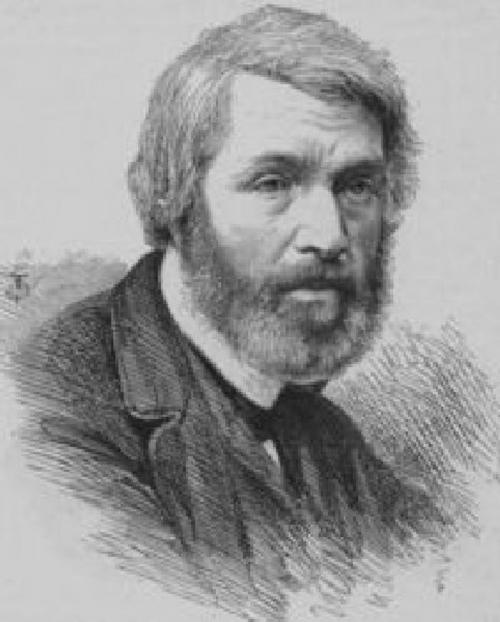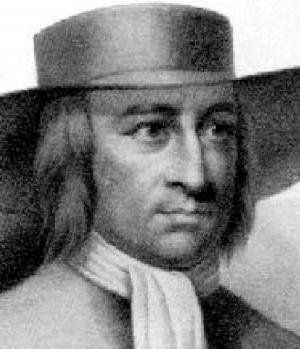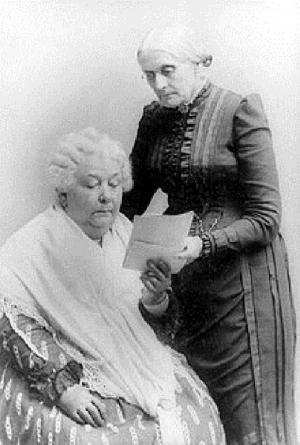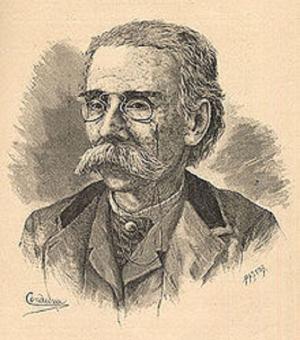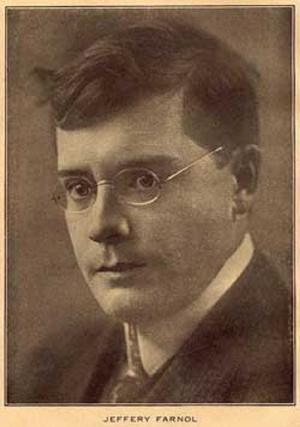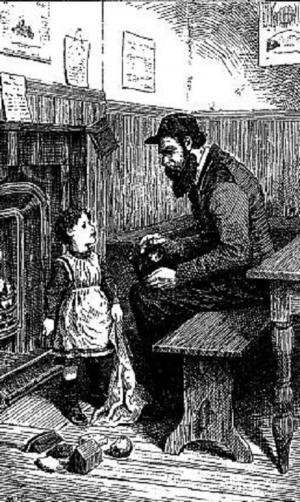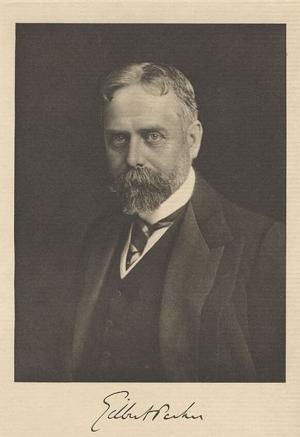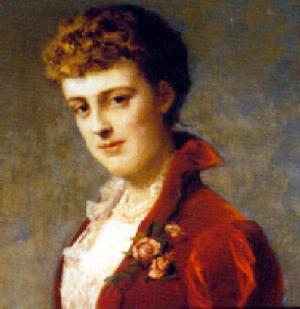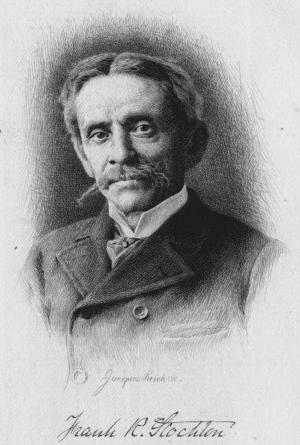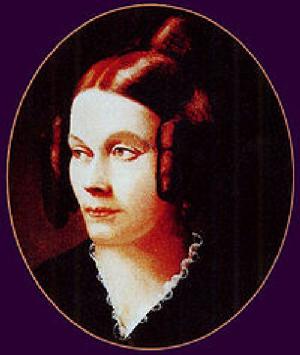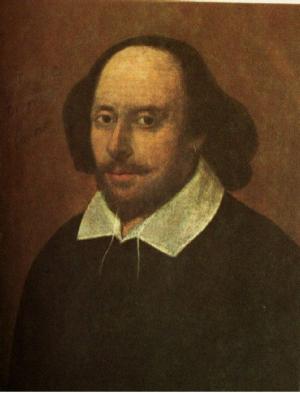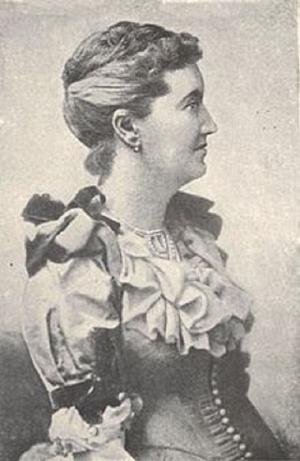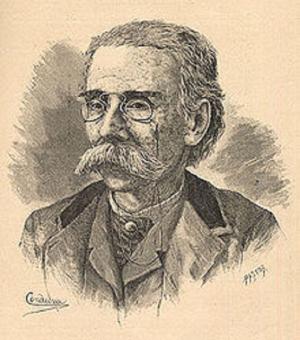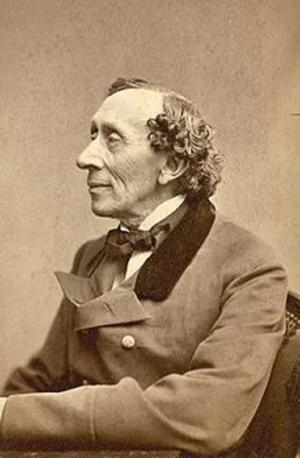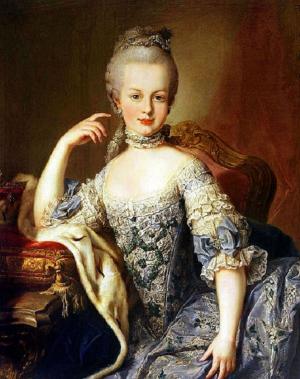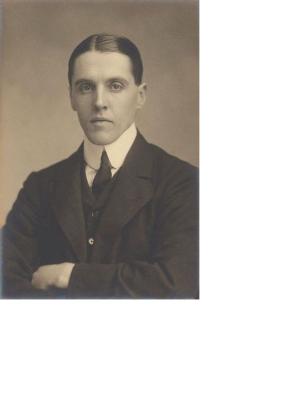| Author: | John Nichol | ISBN: | 9781455370504 |
| Publisher: | B&R Samizdat Express | Publication: | December 15, 2009 |
| Imprint: | Language: | English |
| Author: | John Nichol |
| ISBN: | 9781455370504 |
| Publisher: | B&R Samizdat Express |
| Publication: | December 15, 2009 |
| Imprint: | |
| Language: | English |
Literary biography. According to the Preface: "The following record of the leading events of Carlyle's life and attempt to estimate his genius rely on frequently renewed study of his work, on slight personal impressions--"vidi tantum"--and on information suppliedby previous narrators. Of these the great author's chosen literary legatee is the most eminent and, in the main, the most reliable. Every critic of Carlyle must admit as constant obligations to Mr. Froude as every critic of Byron to Moore or of Scott to Lockhart. The works of these masters in biography remain the ample storehouses from which every student will continue to draw. Each has, in a sense, made his subject his own, and each has been similarly arraigned." According to Wikipedia: "Thomas Carlyle (1795 1881) was a Scottish essayist, satirist, and historian, whose work was highly influential during the Victorian era. Coming from a strict Calvinist family, Carlyle was expected by his parents to become a preacher, but while at the University of Edinburgh, he lost his Christian faith. Calvinist values, however, remained with him throughout his life. This combination of a religious temperament with loss of faith in traditional Christianity made Carlyle's work appealing to many Victorians who were grappling with scientific and political changes that threatened the traditional social order."
Literary biography. According to the Preface: "The following record of the leading events of Carlyle's life and attempt to estimate his genius rely on frequently renewed study of his work, on slight personal impressions--"vidi tantum"--and on information suppliedby previous narrators. Of these the great author's chosen literary legatee is the most eminent and, in the main, the most reliable. Every critic of Carlyle must admit as constant obligations to Mr. Froude as every critic of Byron to Moore or of Scott to Lockhart. The works of these masters in biography remain the ample storehouses from which every student will continue to draw. Each has, in a sense, made his subject his own, and each has been similarly arraigned." According to Wikipedia: "Thomas Carlyle (1795 1881) was a Scottish essayist, satirist, and historian, whose work was highly influential during the Victorian era. Coming from a strict Calvinist family, Carlyle was expected by his parents to become a preacher, but while at the University of Edinburgh, he lost his Christian faith. Calvinist values, however, remained with him throughout his life. This combination of a religious temperament with loss of faith in traditional Christianity made Carlyle's work appealing to many Victorians who were grappling with scientific and political changes that threatened the traditional social order."
